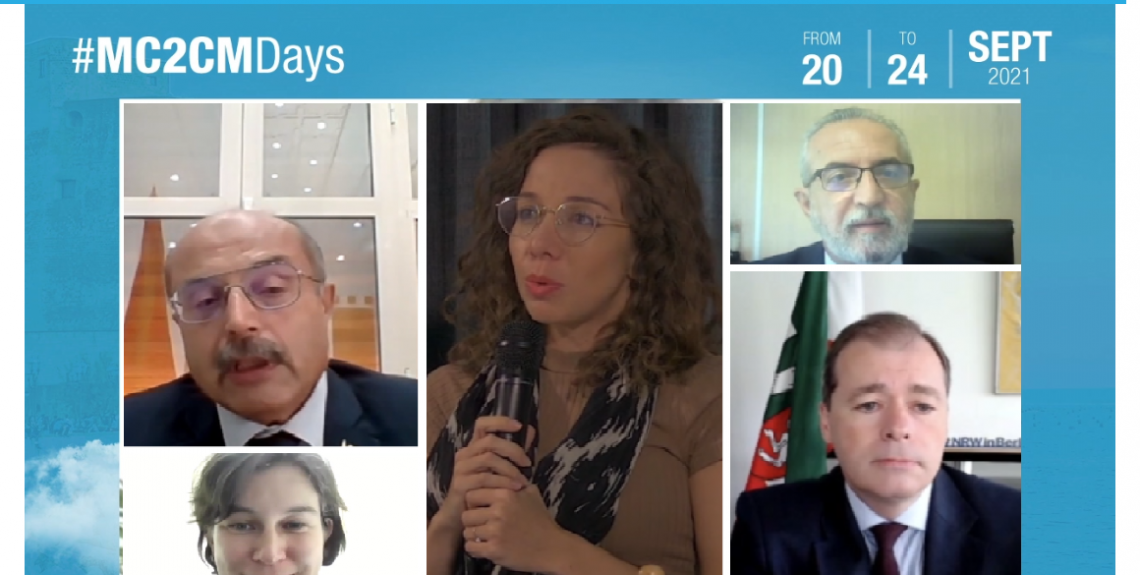Following-up on our successful, joint learning event devoted to local citizenship as an emerging concept in local government agendas on social inclusion and human rights, the UCLG-CSIPDHR was invited to facilitate, last 21 September, a new local government discussion dedicated to this topic. This event was held in the context of the MC2CM days, held in Brussels and online to bring together local governments and key stakeholders in migration governance in the Euro-mediterranean region.
Local citizenship is increasingly becoming a central part of the UCLG narrative on migration.
In her welcome remarks to the MC2CM days, the UCLG Secretary General Emilia Saiz argued how this concept does not raise any contradiction with national citizenship, but rather focus on triggering new pathways for more effective inclusion policies. Indeed, this concept might help expand our notion of citizenship “from a vehicle to guarantee human rights only, to one which can also help recognize all residents’ contribution to community development”.
Many key messages shared by local authorities throughout our joint learning event on local citizenship held last March were again addressed by participants to the MC2CM days. These messages were articulated around a threefold structure to advance local citizenship: advancing human rights protection and non-discrimination; overcoming administrative barriers; and fostering migrant participation in local public affairs and social life.
In her introductory remarks to the event, the UCLG-CSIPDHR coordinator Amanda Fléty argued how “the local citizenship vision is allowing local governments in UCLG to advocate for a rights-based migration agenda that goes beyond caring policies, but fosters also conviviality, full political participation and harmonious ways to live together”.
Various local governments from the MC2CM project and UCLG joined the conversation:
« Making the most of our capacities and the current decentralization framework, we established a guidance and mentoring office for migrants arriving in our city. We are well aware of the challenges posed by integrations. However, we are convinced that local actors have a key role to play in bring it about »
Mounir Elloumi, Mayor of Sfax (Tunisia)
« Our approach to local citizenship is based on following several simultaneous policy pathways we undertake as local government. First, we support residents' in their human rights access process through awareness raising. Second, we foster participation in public affairs and local life to create meaningful links among residents. Third, we try to become more inclusive as local administration »
Sylvie Tomic, Councillor of Lyon (France) and Vice-President of ANVITA
« Local governments are responsible for creating the conditions that make it possible for people to live together. Through our actions, we build conviviality. Therefore, policies on migration should take into account the needs of the local level and recognize the contributions of local actors, including local governments »
Juan Manuel Flores, Deputy Mayor of Seville (Spain)
The CSIPDHR will continue to provide a meaningful contribution to the larger UCLG agenda on migration and local citizenship, expanded also through the MC2CM project. The process to adopt a Lampedusa Charter on Human Mobility and to update the Global Charter-Agenda for Human Rights in the City ten years after its adoption provide two key and synergetic platforms for member-local governments to have a say in this discussion within UCLG.
Reach our Secretariat to know more about this process.


